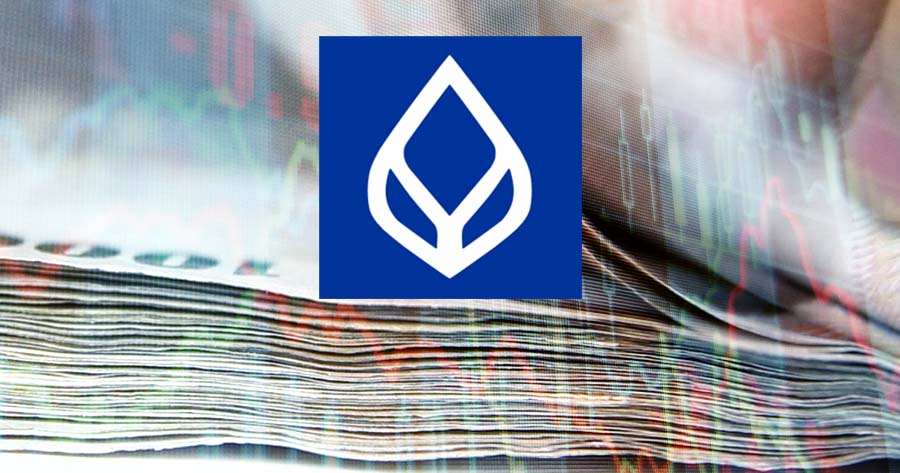Thailand’s tourism sector sees positive impacts from additional stimulus and more relaxed restrictions, including the dropping of Thailand Pass system, said a think tank Krungsri Research on Tuesday.
The Center for COVID-19 Situation Administration (CCSA) agreed last week to cancel Thailand Pass at the beginning-July to attract foreign tourists and extend financial assistance to help with high energy costs.
The authorities also revised the status of all Thai provinces to ‘surveillance (or green zone)’, which will take effect after being published in the Royal Gazette.
In terms of measures to ease cost of living, the government is preparing to extend assistance, such as cooking gas subsidies for welfare card holders and retail price caps on NGV, for another 3 months.
Additional measures may also be introduced, and the government is calling on refineries to utilize some refining profits to support the Oil Fuel Fund on softening impacts of high oil prices.
According to the think tank, additional relaxation and the lowering of the nationwide Covid-19 alert level from 3 to 2 should allow economic activities to gradually return to normal and are favorable for the tourism sector.
In addition, the Ministry of Finance is preparing to implement further measures in 2H22 to promote domestic tourism. It would include incentives for companies to arrange staff travels to second-tier tourism provinces, with 2-times the related expense being eligible for corporate tax deduction, while first-tier destinations would be eligible for a 1.5-times travel cost tax reduction.
As such, the domestic tourism recovery is likely to be stronger than anticipated. The scrapping of the ‘Thailand Pass’ will also facilitate travel to Thailand and should increase the number of foreign arrivals from the present daily average of 20,000 to 25,000 to a level that may exceed the earlier estimate of 5.5 million.





